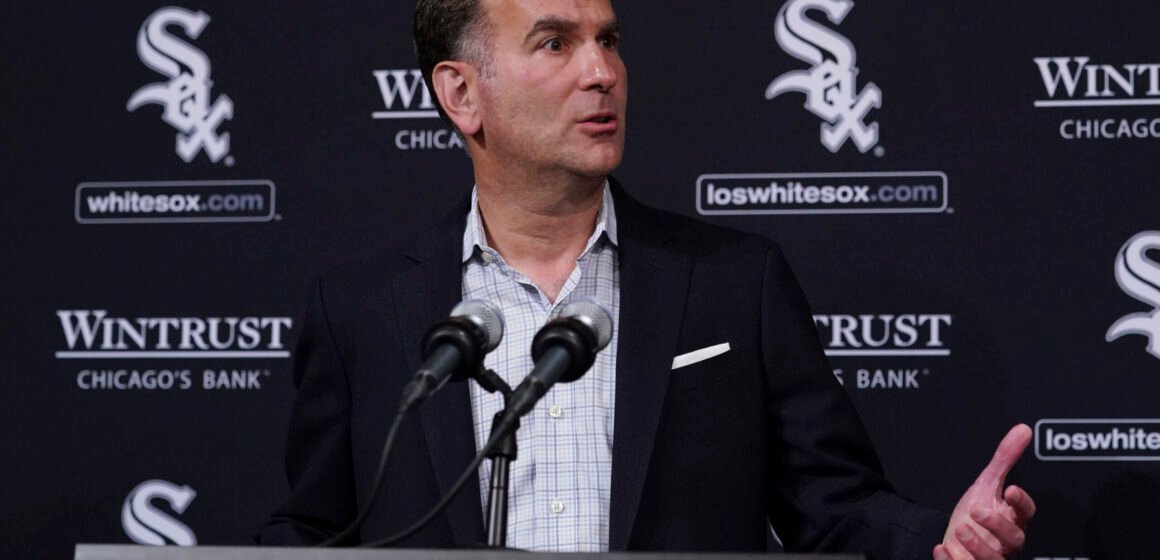A New Era for the Chicago White Sox
In a decision that took many by surprise, the Chicago White Sox recently announced the departure of executive vice president Ken Williams and general manager Rick Hahn. This move marks a significant shift in the team’s administration and prompts reflections on their contributions over the years, as well as speculations about the franchise’s next steps.
A Review of Williams and Hahn’s Tenure
Ken Williams’s affiliation with the White Sox traces back to 1992, a testament to his dedication and commitment to the team. His journey saw him climb the ranks, beginning with roles in the operational aspects to eventually becoming the general manager. In 2005, under Williams’s stewardship, the White Sox clinched the World Series, a triumphant moment for the team and the entire fanbase. Later in 2012, Williams was promoted to the position of executive vice president, coinciding with Rick Hahn’s elevation to the role of general manager.
Rick Hahn, as general manager, guided the team through both highs and lows. The initial years of his leadership did not result in postseason appearances. However, a strategy pivot saw the team undergoing a comprehensive rebuild, mirroring the approach of their cross-town rivals, the Cubs. This phase witnessed an influx of young talent, showing promise for the future. But despite individual brilliance, the synergy expected on the field remained elusive, leading to challenges in attaining a holistic team performance.
Analyzing Recent Team Performance
The past few seasons for the White Sox have been a roller coaster. Achievements in 2020 and 2021 saw the team making it to the playoffs, but these appearances only culminated in two postseason game wins. The subsequent season was not as fruitful, with the team holding a 49-76 record and lagging 16 games behind the top-placed Minnesota Twins.
Factors contributing to this decline seem to be multifaceted. In addition to on-field performance, reports suggest internal turmoil within the clubhouse. This, combined with the changing management dynamics – such as the hiring of Tony La Russa, who later retired due to health reasons, and the subsequent appointment of Pedro Grifol – may have influenced the team’s cohesiveness and performance.
Owner’s Perspective on the Decision
Jerry Reinsdorf, the owner of the Chicago White Sox, articulated the challenging nature of this decision in his statement. Emphasizing that the world of professional sports is inherently results-driven, he acknowledged the achievements the organization experienced under the leadership of Williams and Hahn. Yet, the recent disappointments necessitated a re-evaluation of the team’s strategic direction.
Reinsdorf’s sentiments toward both Williams and Hahn were fond and respectful. Citing long-standing relationships, particularly noting Williams as a family figure, Reinsdorf expressed gratitude for their contributions, especially the milestone of winning the 2005 World Series and subsequent playoff appearances.
Looking Forward: The Road Ahead for the White Sox
The White Sox are now on the hunt for new leadership. The objective is clear: to identify a decisive figure who can steer the baseball operations department. This individual will play a crucial role in revitalizing the team’s strategy, with the hopes of a swift turnaround and the aspiration to return to their former glory. As the season’s end approaches, fans and stakeholders alike await this announcement with bated breath, hopeful for a future that recaptures the magic of yesteryears.


Leave a Reply